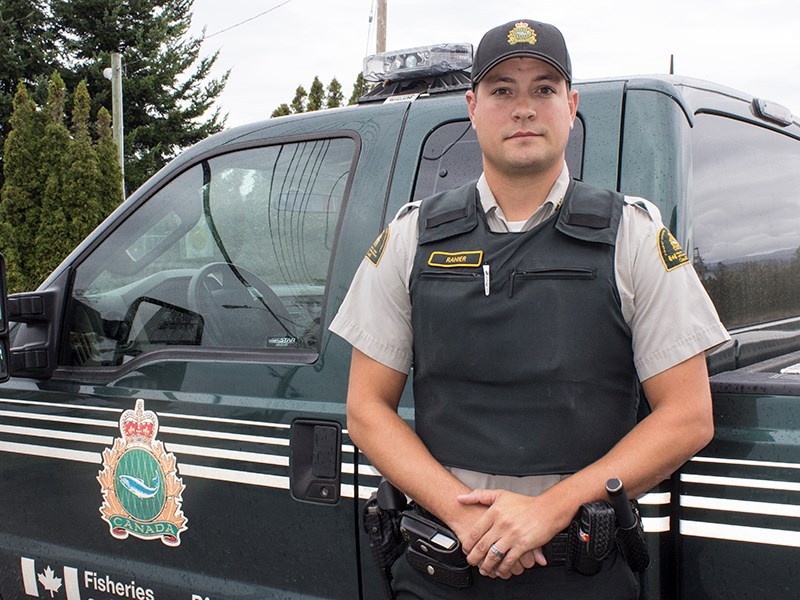Some Powell River residents are worried that if nothing is done to limit the amount of shellfish being picked from local beaches, soon there may not be any shellfish to protect.
“Just because there are limits does not mean there is a lot of stock,” said local outdoor supply store owner Sam Sansalone.
Sansalone and others are concerned the increase in pressure on regular harvesting of clams and oysters from summer tourism may be putting the fishery in jeopardy.
He said based on the fact that Lower Mainland beaches have already been decimated and closed, he does not trust the federal government’s limits will save Powell River’s beaches.
Throughout the summer there have been reports of tour buses stopping at beaches at Okeover Inlet and Myrtle Rocks Regional Park, as well as groups heading over to Savary Island for shellfish tourism.
At least one Richmond-based tour company has been operating since March, bringing groups of at least 20 people for what the company calls its Sunshine Coast Seashell Tour.
The two-day trip also makes stops along the Lower Sunshine Coast to view local galleries and other attractions. Travellers spend one night in Powell River and then head up to Okeover for oyster picking before heading back to Vancouver.
Fisheries and Oceans Canada officer Ben Rahier, who works out of the local office in Powell River, said he has been fielding calls all summer from people wondering about the legality of the tours.
Rahier said fisheries officers have routinely stopped and inspected these buses and have found compliance with fishing regulations to be nearly 100 per cent.
“A big misconception is that these people are not being checked and that they are breaking the law, when in fact they are being checked and are not breaking the law,” said Rahier.
Individuals who hold a valid BC tidal water fishing licence are permitted to take 15 oysters and 75 clams at one time.
No regulations exist in Canada’s Fisheries Act that limit the number of people harvesting a beach at one time, said Rahier.
Sansalone said this is the crux of the problem. When 40 to 50 arrive on a beach for a harvest, it adds up, he said.
“We simply do not think the stocks will be sustained if this pressure continues,” said Sansalone. “That’s the biggest concern.”
Rahier said he is not a marine biologist and could not comment on the sustainability of the current recreational harvest.
“There are a lot of people harvesting, but it’s up to fish management to determine if the beach can sustain that level of harvest?” said Rahier.
Rahier said he is not aware of any recent stock assessments done for shellfish on local beaches, but he said Fisheries and Oceans will be meeting with representatives from Tla’amin Nation to establish methods to create these stock assessments in the coming week.
“It’s tough when the concerns are just based on anecdotes,” he said. “The more data, the better.”
One of the problems with current fishery quotas, according to Sansalone, is that they are being set in Ottawa.
“Locals do not have enough voice, so what we’re doing right now is we’re going to have a meeting,” he said. “Rather than sitting back and letting fisheries close all our beaches, which will happen eventually if the pressure continues, we can be proactive and set some better limits, whether it’s closing the beaches during the summer or lowering the limits.”
Since the 1960s, Fisheries and Oceans has provided a way for the recreational fishing community to present its thoughts about specific fisheries and areas through the Sport Fishing Advisory Committee.
Sansalone said he is hoping to organize a town-hall-style meeting that will bring local area committee representative David Burnett to Powell River to hear the public’s thoughts, an initiative supported by Rahier.
“If people would like to see seasonal closures or possession limit changes,” said Rahier, “that’s the avenue people should be using.”



